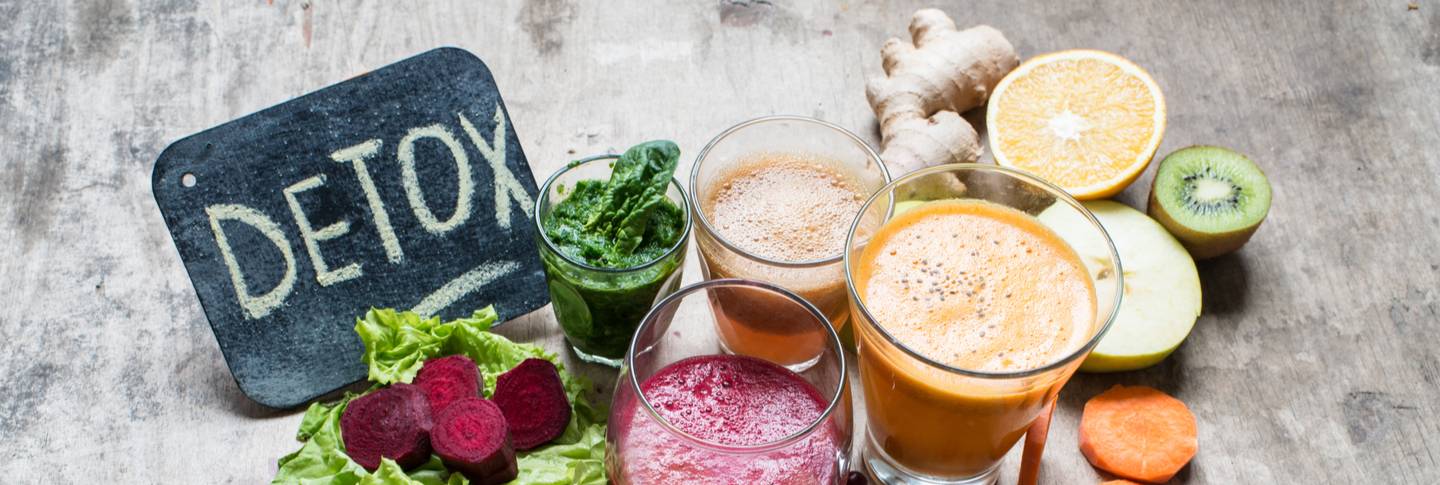
Unexplained fatigue, headaches ...
Targeted detoxification
Irritability, intolerance to certain drugs... All these signs can be indicative of an overload of toxins in the body. Indeed, with the onset of winter and the drop in temperatures, our body is put to the test : pollution, confined interiors, medication to fight against temporary infections and winter ailments, richer food... This accumulation of toxins has harmful repercussions on our health.
1. The pollutants that surround us
Did you know that there are nearly 120,000 molecules foreign to our biology, mostly resulting from chemical syntheses, in the air we breathe, in the food we eat, the liquids we drink, in the creams we use? A part of it comes from pollution generated by industries, intensive agriculture, building materials, transport, household products... Another part comes from products that we administer ourselves : tobacco , medicines, but also foods whose components are altered by aggressive cooking methods (barbecue, grill, oven or stove). Some of these pollutants are soluble in fats and therefore able to concentrate in meats and fish but also to be stored in our fats, those which are found under the skin (adipose tissue) and in most of our organs, especially the liver and the brain, which are very high in fat.
2. How can we help our body to fight against these pollutants ?
Reduce exposure to pollutants
It seems logical, but the first thing to do is to minimize your exposure to all preventable pollutants: tobacco, overcooked food, chemical deodorants, unnecessary drugs... It is also preferable to make ecological choices regarding cosmetics, clothing, food, household products...
Limit the entry of pollutants
Our body defends itself by borders: the skin, the lungs and the intestinal wall.
Their integrity, reinforced by a good diet, in particular in fatty acids (such as olive oil, rapeseed oil and fatty fish), antioxidants such as vitamin C, probiotics and minerals such as magnesium, zinc, selenium and silicon, helps block the passage of pollutants, heavy metals and excess iron inside our body.
Neutralize pollutants
When pollutants have still managed to cross our borders, it is in our interest to intercept them before they enter the cells of our organs and do damage. It is therefore imperative to neutralize them. The liver produces a considerable amount of glutathione, the body's main detoxifier. This glutathione is exported everywhere: in the blood, but also in all cells where, even if it can no longer bring them out, it can nevertheless render these pollutants inactive.
Betaine and the magnesium-activated vitamins B6, B9 and B12 help neutralize heavy metals and oestrogen extracts. But the liver is also a depolluting factory. It can process unwanted molecules carried by the blood using tools called cytochromes P450. However, it sometimes happens that these tools, instead of rendering certain pollutants harmless, on the contrary make them more aggressive, even though their activation by iron will in addition generate the emission of corrosive free radicals. We therefore tend to calm their activity, which is feasible, in particular thanks to the polyphenols found in green tea, fruits and vegetables.
Promote eliminations
Fat soluble pollutants can also be quickly removed by taurine, which carries them into the gallbladder before being released into the digestive tract. The fibres then make it possible to evacuate them naturally. As for the toxic substances soluble in water, they can be captured by vitamin C and glutathione and carried in the urine. They can also be evacuated during sweating, full breathing, sports and sauna.











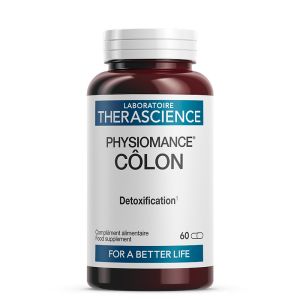
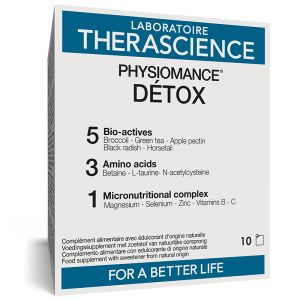
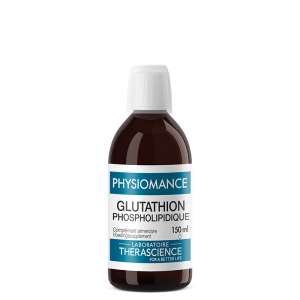
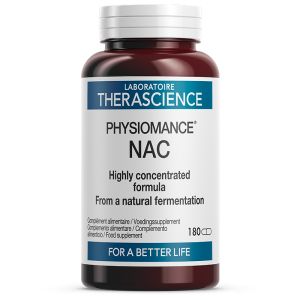
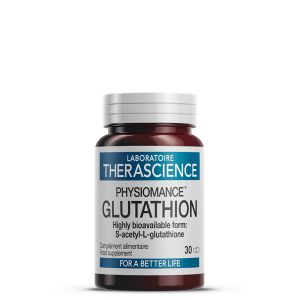
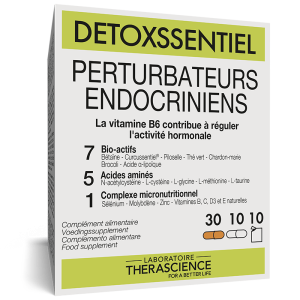
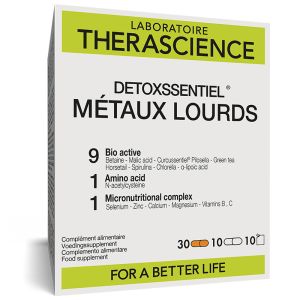
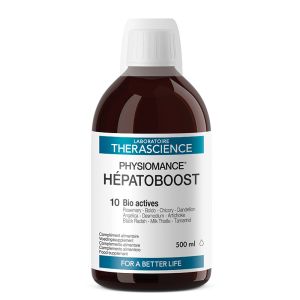
Recommandé par mon médecin, je l'utilise régulièrement, avec de tvoir plus
Avis du 28/09/2024, suite à une expérience du 11/09/2024 par Silvia S